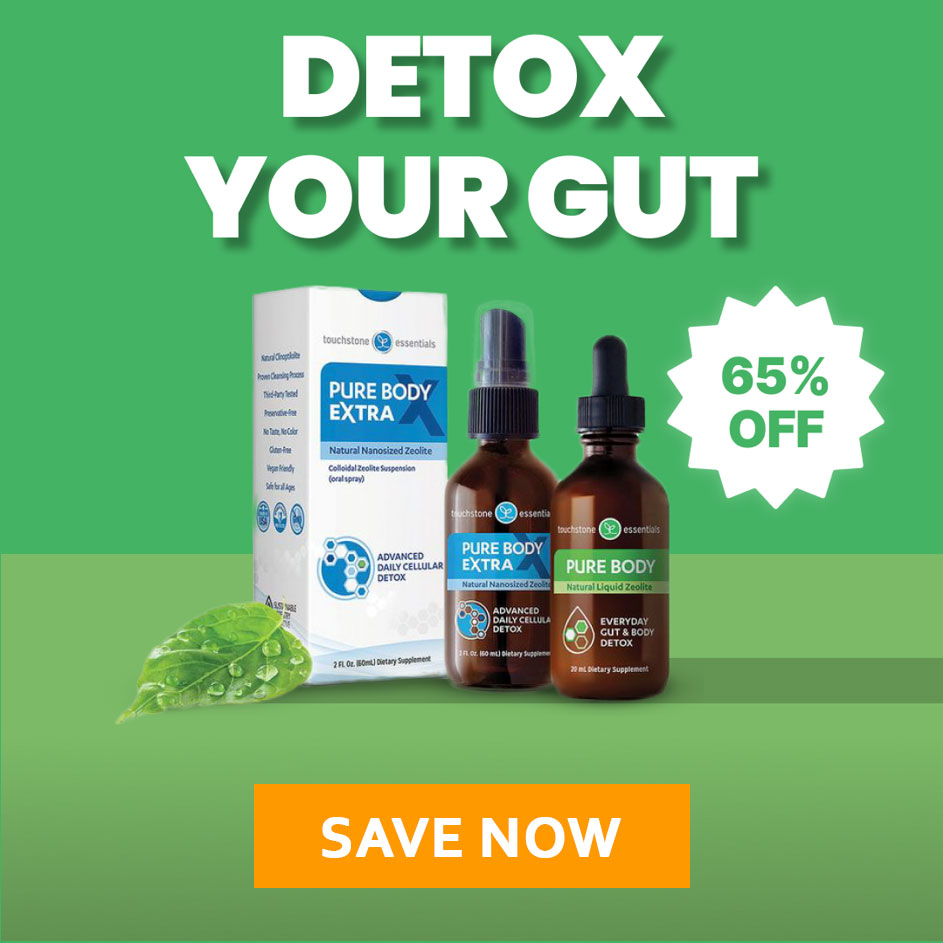(Ramon Tomey) Vitamins are nutrients found in food that help the body function effectively. Two types of vitamins exist: Water-soluble vitamins, such as vitamins B and C, dissolve in water, while fat-soluble ones dissolve in fat. Fat-soluble vitamins, such as vitamins A, D, E and K, are best absorbed by the body when eaten with foods containing high amounts of fat.
by Ramon Tomey, December 16th, 2020
Fat-soluble vitamins can also be obtained from other sources besides foods. Vitamin D, for instance, is naturally produced by the body when skin is exposed to the sun. People can also take vitamin supplements to help them meet their daily requirements. But what particular foods contain the highest amounts of fat-soluble vitamins?
Best food sources of fat-soluble vitamins
Fat-soluble vitamins differ from water-soluble vitamins in that they are stored in the liver and fatty tissues for long periods. They are also eliminated much more slowly than their water-soluble counterparts. Because of this, fat-soluble vitamins pose a greater risk of causing toxicity when consumed in excess of what your body needs.
On the other hand, fat-soluble vitamins play important roles inside the body. They promote good eyesight, bone growth and immune health; aid in calcium absorption; protect cells from free radicals; and facilitate proper blood clotting.
Here are four fat-soluble vitamins your body needs and their best food sources:
Vitamin A
Vitamin A is important for maintaining good vision. Insufficient intake of vitamin A can cause poor eyesight and eventually loss of vision. There are two types of vitamin A that can be obtained from food: Animal-based foods contain preformed vitamin A, or retinols, that the body can readily use, while plant-based foods contain provitamin A, or carotenoids, that the body can convert into vitamin A.
According to the National Institutes of Health (NIH), liver and fish oils contain the highest concentration of retinols. Meanwhile, top sources of carotenoids include carrots, broccoli, cantaloupe and squash. Beta-carotene, the carotenoid responsible for the orange color of carrots, is known as a powerful antioxidant.
Vitamin D
The body naturally produces vitamin D when the skin is exposed to ultraviolet rays from the sun. But dietary sources can also provide this essential vitamin that’s needed for bone health. Vitamin D actually refers to a group of compounds that the body absorbs into the bloodstream and converts into their active form.
According to the NIH, fatty fish like trout, salmon, tuna and mackerel, and fish liver oils are some of the best sources of vitamin D. Beef liver, cheese and egg yolks contain small amounts of vitamin D3. Fresh mushrooms and mushroom powder provide vitamin D2 and are usually treated with UV light to increase their vitamin D2 levels.
Vitamin E
Vitamin E is an important antioxidant that has cancer-preventing properties. Aside from this, vitamin E also helps boost the immune system. This essential nutrient exists in eight different forms, but alpha-tocopherol, being the most biologically active, is the only form of vitamin E most suitable for human needs. Vitamin E supplements usually contain either synthetic DL-alpha-tocopherol, which is not very usable by the body, or natural D-alpha-tocopherol.
The best sources of vitamin E are plant-based foods like nuts, seeds and green leafy vegetables. Soybean oil also contains vitamin E, albeit in the form of gamma-tocopherol, but most soybeans are GMOs.
Vitamin K
Vitamin K, which helps with blood clotting and reduces the buildup of calcium in the blood, exists in two forms. Green, leafy vegetables and other plant sources contain vitamin K1, or phylloquinone, while animal sources and fermented foods contain vitamin K2, or menaquinones.
Vegetables like kale, collards, turnip greens and spinach contain high amounts of phylloquinone. Some vegetable oils and fruits also contain this form of vitamin K. Meanwhile, Japanese natto, which is made from fermented soybeans, contains high amounts of menaquinones. Other fermented foods, such as cheese, also contain menaquinones, but the amount varies depending on the fermentation conditions and bacterial strains used in their production.
Fat-soluble vitamins are important for overall health. To ensure that you meet your daily requirements of these nutrients, eat a well-balanced diet rich in vitamins A, D, E and K or consult a natural health practitioner about how best to use vitamin supplements.
Stillness in the Storm Editor: Why did we post this?
The news is important to all people because it is where we come to know new things about the world, which leads to the development of more life goals that lead to life wisdom. The news also serves as a social connection tool, as we tend to relate to those who know about and believe the things we do. With the power of an open truth-seeking mind in hand, the individual can grow wise and the collective can prosper.
– Justin
Not sure how to make sense of this? Want to learn how to discern like a pro? Read this essential guide to discernment, analysis of claims, and understanding the truth in a world of deception: 4 Key Steps of Discernment – Advanced Truth-Seeking Tools.
Stillness in the Storm Editor’s note: Did you find a spelling error or grammatical mistake? Send an email to [email protected], with the error and suggested correction, along with the headline and url. Do you think this article needs an update? Or do you just have some feedback? Send us an email at [email protected]. Thank you for reading.
Source:
https://www.naturalnews.com/2020-12-16-best-dietary-sources-of-fat-soluble-vitamins.html


Leave a Reply